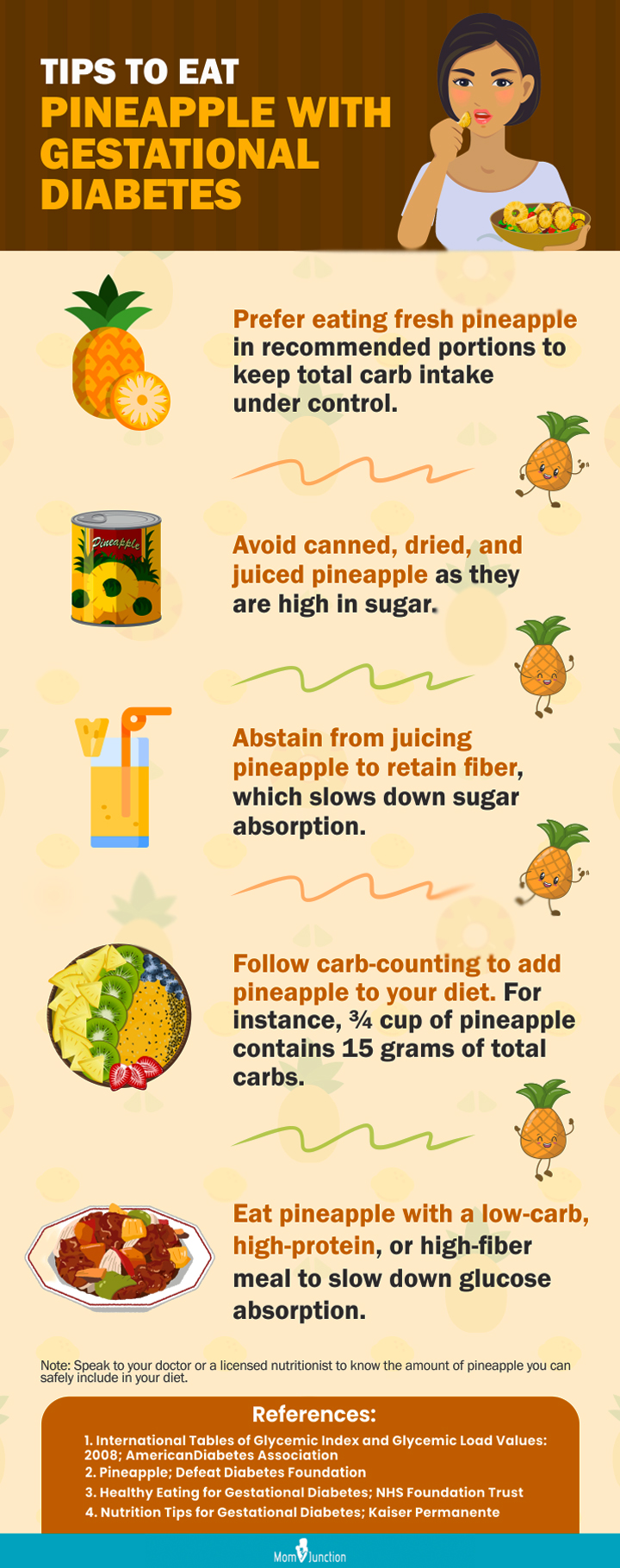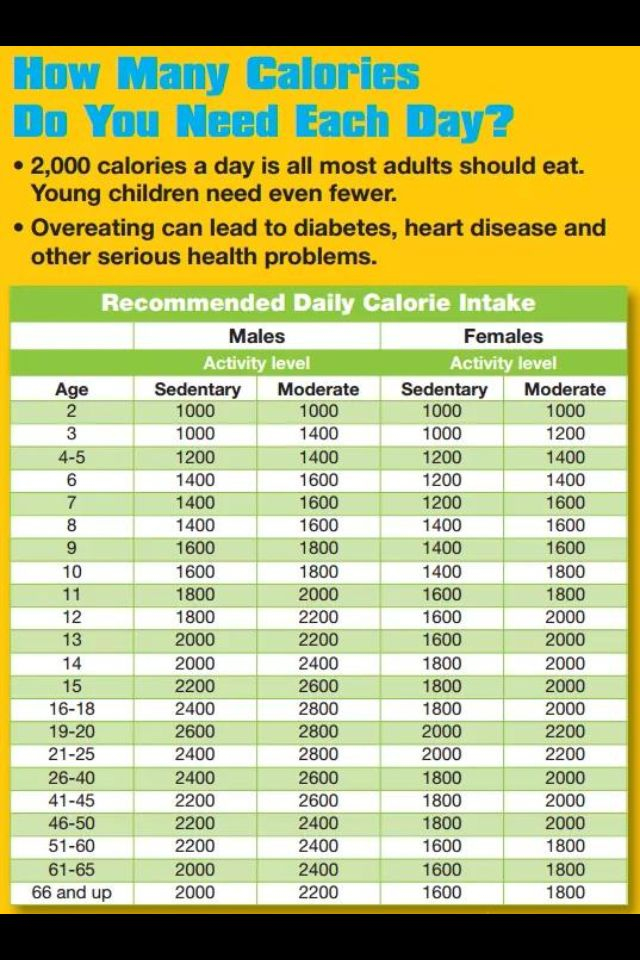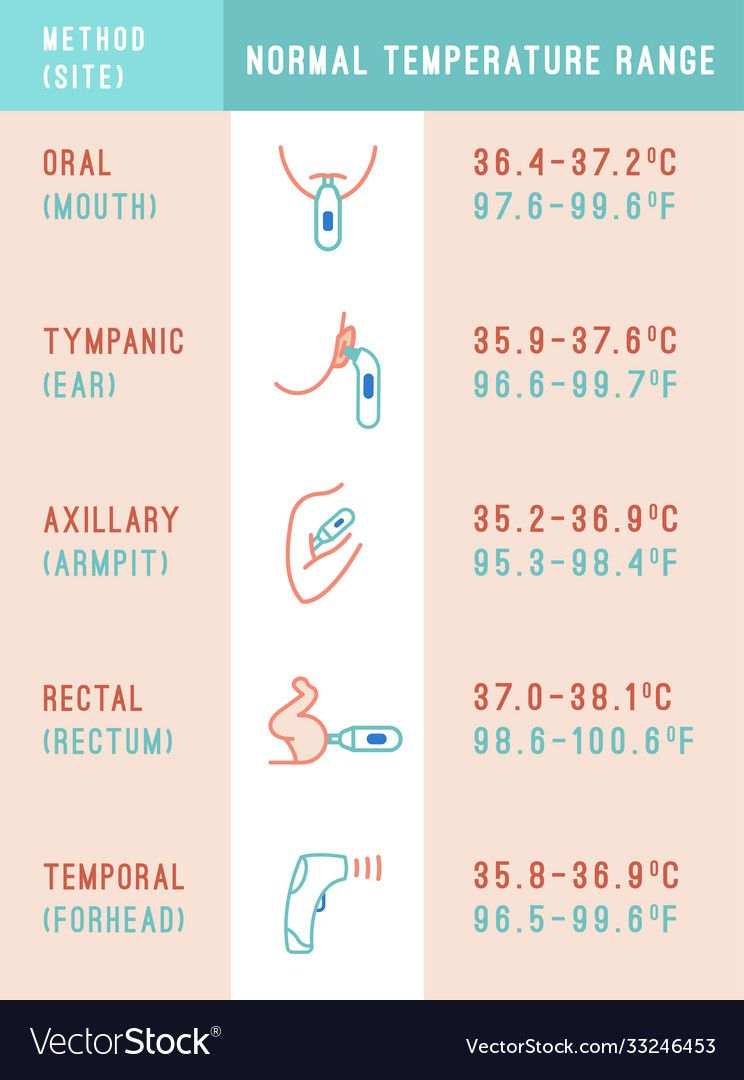Prenatal Vitamins: Not Just for Pregnant Women
Prenatal vitamins are commonly associated with pregnancy and fetal development. However, these supplements offer a range of health benefits that extend beyond expectant mothers. In this article, we will explore the importance of prenatal vitamins not only for pregnant women but also for non-pregnant individuals.
Prenatal vitamins are a comprehensive blend of essential nutrients, including folic acid, iron, calcium, and vitamin D, which play a vital role in maintaining optimal health. While these nutrients are particularly crucial during pregnancy, they also provide numerous advantages for non-pregnant individuals.
Importance of Prenatal Vitamins
Prenatal vitamins are essential supplements for women who are pregnant or planning to become pregnant. They provide the nutrients that are necessary for the healthy development of the fetus.
Some of the essential nutrients found in prenatal vitamins include:
- Folic acid: Folic acid is important for the prevention of neural tube defects, such as spina bifida and anencephaly.
- Iron: Iron is important for the production of red blood cells, which carry oxygen to the fetus.
- Calcium: Calcium is important for the development of the baby’s bones and teeth.
- Vitamin D: Vitamin D is important for the absorption of calcium.
Vitamin deficiency during pregnancy can lead to a number of health problems, including:
- Neural tube defects
- Premature birth
- Low birth weight
- Anemia
- Osteoporosis
It is important to take prenatal vitamins as directed by your doctor. Prenatal vitamins can help to ensure that you and your baby get the nutrients you need for a healthy pregnancy.
Understanding Prenatal Vitamin Use When Not Pregnant
Prenatal vitamins are typically associated with pregnancy, but they may also offer benefits for individuals who are not expecting.
Research has shown that prenatal vitamins can support overall health and well-being in non-pregnant women. For instance, they can help maintain healthy skin, hair, and nails due to their high concentration of nutrients like folic acid, iron, and biotin.
Addressing Concerns and Misconceptions
Some may worry about potential side effects or excessive nutrient intake when taking prenatal vitamins outside of pregnancy. However, studies have generally found them to be safe and well-tolerated.
Additionally, it’s important to note that the recommended dosage of prenatal vitamins for non-pregnant individuals is typically lower than for pregnant women, reducing the risk of excessive nutrient intake.
Health Benefits of Prenatal Vitamins for Non-Pregnant Women

Prenatal vitamins are commonly associated with pregnancy, but they can also provide numerous health benefits for non-pregnant women. These vitamins contain a comprehensive range of nutrients essential for overall well-being, including folic acid, iron, calcium, and vitamins A, C, and D.
Regular consumption of prenatal vitamins can help maintain optimal health by addressing common nutritional deficiencies, supporting reproductive health, and preparing the body for future pregnancies. Here are some specific examples of the health benefits associated with prenatal vitamins for non-pregnant women:
Folic Acid
- Essential for cell growth and development, including the production of red blood cells.
- Helps prevent neural tube defects in babies, making it crucial for women who may become pregnant in the future.
- May reduce the risk of heart disease and stroke by lowering homocysteine levels, an amino acid linked to inflammation and blood clots.
Iron
- Vital for carrying oxygen throughout the body.
- Helps prevent iron-deficiency anemia, a condition that can cause fatigue, weakness, and shortness of breath.
- Important for maintaining healthy hair, skin, and nails.
Calcium
- Essential for strong bones and teeth.
- Helps prevent osteoporosis, a condition that weakens bones and makes them more susceptible to fractures.
- Plays a role in muscle function, nerve transmission, and blood clotting.
Vitamin A
- Important for vision, immune function, and cell growth.
- May help reduce the risk of certain types of cancer, including lung and breast cancer.
- Essential for healthy skin and mucous membranes.
Vitamin C
- A powerful antioxidant that helps protect cells from damage.
- Supports immune function and wound healing.
- May help reduce the risk of chronic diseases, such as heart disease and stroke.
Vitamin D
- Essential for calcium absorption and bone health.
- May help reduce the risk of osteoporosis, fractures, and falls.
- Supports immune function and muscle strength.
Dosages and Recommendations
Prenatal vitamins are typically formulated to meet the specific nutritional needs of pregnant women, so the recommended dosages for non-pregnant women may vary. Factors that may influence dosage include age, health status, and individual needs. It’s important to consult a healthcare professional before taking prenatal vitamins to determine the appropriate dosage and ensure they are right for you.
Recommended Dosages
General guidelines for recommended dosages of prenatal vitamins for non-pregnant women include:
- Folic acid: 400-800 micrograms per day
- Iron: 18 milligrams per day
- Calcium: 1,000-1,200 milligrams per day
- Vitamin D: 600-800 international units (IU) per day
These dosages may vary depending on individual circumstances, such as age, health status, and dietary intake. It’s important to note that prenatal vitamins are not a substitute for a healthy diet and should be taken in conjunction with a balanced intake of fruits, vegetables, and whole grains.
Factors Influencing Dosage
Several factors can influence the recommended dosage of prenatal vitamins for non-pregnant women, including:
- Age: Younger women may require higher doses of certain nutrients, such as folic acid and iron, than older women.
- Health status: Women with certain health conditions, such as anemia or osteoporosis, may need to take higher doses of specific nutrients.
- Individual needs: Some women may have specific nutritional deficiencies that require them to take higher doses of certain nutrients.
It’s important to discuss your individual needs with a healthcare professional to determine the appropriate dosage of prenatal vitamins for you.
Safety Considerations and Potential Side Effects
Prenatal vitamins are generally safe for non-pregnant women, but it’s crucial to be aware of potential side effects and take precautions to mitigate them.
Iron, a key component of prenatal vitamins, can cause side effects such as constipation, nausea, and stomach upset. To reduce these effects, take the vitamins with food or increase your fiber intake. Folic acid, another essential nutrient, may cause allergic reactions in rare cases.
Safe Usage Recommendations
- Consult your doctor before taking prenatal vitamins, especially if you have any underlying health conditions or are taking other medications.
- Follow the recommended dosage guidelines and avoid taking excessive amounts.
- If you experience any side effects, consult your doctor to adjust the dosage or explore alternative options.
- Store prenatal vitamins in a cool, dry place away from direct sunlight to maintain their potency and prevent degradation.
Common Queries
Are prenatal vitamins safe for non-pregnant women?
Yes, prenatal vitamins are generally safe for non-pregnant women. However, it is essential to consult a healthcare professional before taking them, especially if you have any underlying health conditions or are taking other medications.
What are the potential benefits of prenatal vitamins for non-pregnant women?
Prenatal vitamins can improve overall health and well-being, support reproductive health, and prepare the body for future pregnancies. They may also help reduce the risk of chronic diseases such as heart disease and osteoporosis.
What is the recommended dosage of prenatal vitamins for non-pregnant women?
The recommended dosage of prenatal vitamins for non-pregnant women varies depending on age, health status, and individual needs. It is essential to consult a healthcare professional to determine the appropriate dosage.
Can prenatal vitamins cause side effects?
Prenatal vitamins are generally well-tolerated, but some women may experience side effects such as nausea, constipation, or diarrhea. These side effects are usually mild and can be managed by taking the vitamins with food or reducing the dosage.





